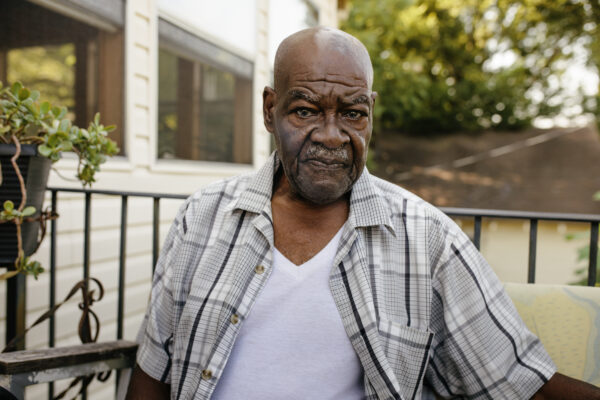The owners and property managers of two Georgia housing complexes must compensate former tenants and pay a civil penalty to the U.S. for steering Black tenants to a building with inferior conditions away from one they reserved for white tenants, the U.S. Department of Justice announced Thursday.
Last May, the DOJ sued the stakeholders for violating the Fair Housing Act, which protects Americans from housing discrimination. The property owners received federally subsidized project-based rents from the U.S. Department of Agriculture. The tenants were elderly or had disabilities.

Federal authorities said they routed Black applicants away from Cedarwood Village, a more appealing property in a better location with more amenities, to a less attractive Cedartown Commons. The DOJ alleges their actions “perpetuated segregation” at the two housing complexes. They also set different rental terms for Cedartown Commons.
“It is unacceptable that race discrimination in housing persists in our nation more than a half-century after President Johnson signed the Fair Housing Act into law,” said assistant attorney general Kristen Clarke of the Justice Department’s Civil Rights Division.
“This Justice Department is committed to vigorously enforcing our civil rights laws by holding housing providers responsible when they perpetuate racial segregation or otherwise engage in prohibited discrimination.”
Enacted in 1968, the Fair Housing Act made it illegal to limit privileges and create varying terms for renters. It also prohibits landlords from assigning or detouring tenants to different buildings or locations.
In addition, it safeguards Americans from discrimination when buying a home or seeking housing assistance. Congress added protections for people with disabilities and families in 1988. However, housing discrimination persists decades after the act was passed, reports show.
“Access to housing opportunities remains unequal for Black housing applicants all too often,” said Ryan K. Buchanan, U.S. Attorney for the Northern District of Georgia. “My office will continue to devote resources to eradicate this injustice, and we will continue to hold housing providers accountable for racial discrimination in violation of the Fair Housing Act.”
According to SeniorHomes.Com, Cedarwood Village is an assisted living community in Cedartown, Georgia, “that provides personal care, housing, and support services to seniors in a home-like setting.” It has a 4.4 review on Google.
The owner, Cedartown Housing Associates, built the housing complex in the 1980s for the elderly and people with disabilities who have very-low, low and moderate incomes, the complaint says.
“Cedarwood Village is a neat, well-maintained complex located in the midst of a residential tract of predominantly one-level, single-family brick homes” in a mostly white neighborhood, court documents say.
“The landscaping around Cedarwood Village includes seasonal flowers,” and it is “two blocks east of a major shopping center,” the DOJ said.
Cedartown Commons, also located in Cedartown, could not be found on the website that helps seniors find retirement and long-term care facilities. It, too, was built in the 1980s for seniors with very-low, low and moderate incomes by Benefield Housing Partnership. There are no reviews of the complex on Google.
According to court documents, Cedartown Commons is located in a predominantly non-white neighborhood surrounded by abandoned houses, some with boarded-up windows. There are no seasonal flowers nor is there a mall within walking distance. Instead, it is several blocks away from a railroad track
The owners employed Crimson Management to show, rent, manage and maintain the two properties.
The DOJ alleges that from 2012 to 2018, the defendants put white applicants ahead of comparable Black applicants for units at Cedarwood Village, even though they had applied earlier. Similarly, they allegedly put Black applicants in front of white applicants for Cedartown Commons, who applied later.
The complaint says the practice “resulted in applicants being assigned to an apartment complex in which the residents were predominantly of the same race as the applicants, even when they were eligible to live in the other complex.”
The defendants allowed Cedartown Commons to stay vacant for several months just to reserve it for Black residents while white applicants remained on the waiting list for Cedarwood Village.
The DOJ approved a settlement for the owners and property management group on May 26. They must pay $83,000 in damages to three former tenants who claimed the racist scheme harmed them. The stakeholders also must complete fair-housing training, implement unbiased policies and procedures and submit periodic reports to the DOJ.


